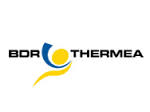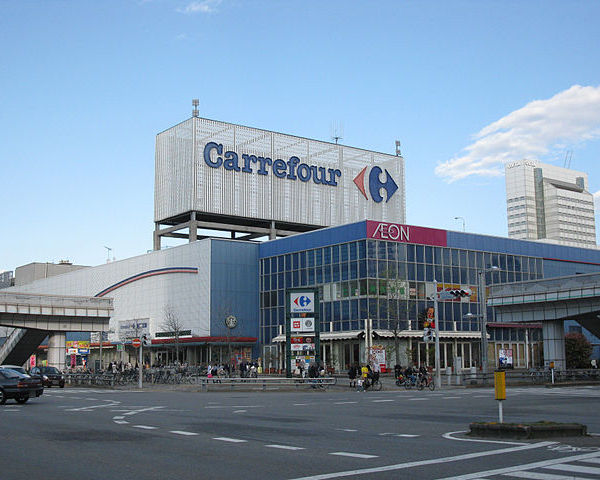Honeywell-United Technologies negotiations break down
USA – Honeywell have announced that they have decided against pursuing a strategic combination with United Technologies due to the latter’s unwillingness to engage in negotiations. Honeywell had previously declared their interest in working with United Technologies as they felt that the partnership would result in compelling value creation for both sets of shareholders and that the transaction would be easy to execute due to two largely complementary business portfolios.
Honeywell released a press statement which revealed that they strongly disagreed with United Technologies’ characterization of the regulatory and customer risks associated with the transaction. Despite the reservations expressed by United Technologies, Honeywell declared that they felt confident that the regulatory process would not have presented a material obstacle to a transaction.
The proposed combination of the two companies was not a new idea as United Technologies had previously approached Honeywell for this purpose in May 2011 and in April 2015 before Honeywell made their most recent approach to the chairman and the CEO of United Technologies on February 19, 2016. It appears that United Technologies got cold feet about the deal as they had apparently expressed interest in the combination and seemed positive about the deal’s potential in the exploratory meeting on the 19th of February.
Honeywell revealed that both companies had agreed in the recent past that the industrial logic was compelling in a very doable transaction.
Dave Cote, Honeywell’s chairman and CEO, commented on the reasons behind proposing the deal, stating “From both an industrial logic and shareholder value perspective, Honeywell and United Technologies are a great match and that is why the two companies have been talking about a combination for more than 15 years.”
Mr Cote then outlined the proposal his company had made, saying “We made a full and fair offer that would have greatly benefitted both sets of shareowners. Considerable value would have been added through the $3.5 billion of very achievable cost synergies (6% of UTX sales, 4% of total sales) and application of Honeywell management practices, especially our extensive software capability and cost management that would support needed product reinvestment. It also would have created the opportunity to construct an excellent core growth portfolio.”
Cote concluded by stating his disappointment at the outcome and Honeywell’s determination to push on in other directions, declaring “Continuing to try to negotiate with an unwilling partner is inconsistent with our disciplined acquisition process. We have a terrific growth story for standalone Honeywell that we look forward to sharing at our Investor Day.”















